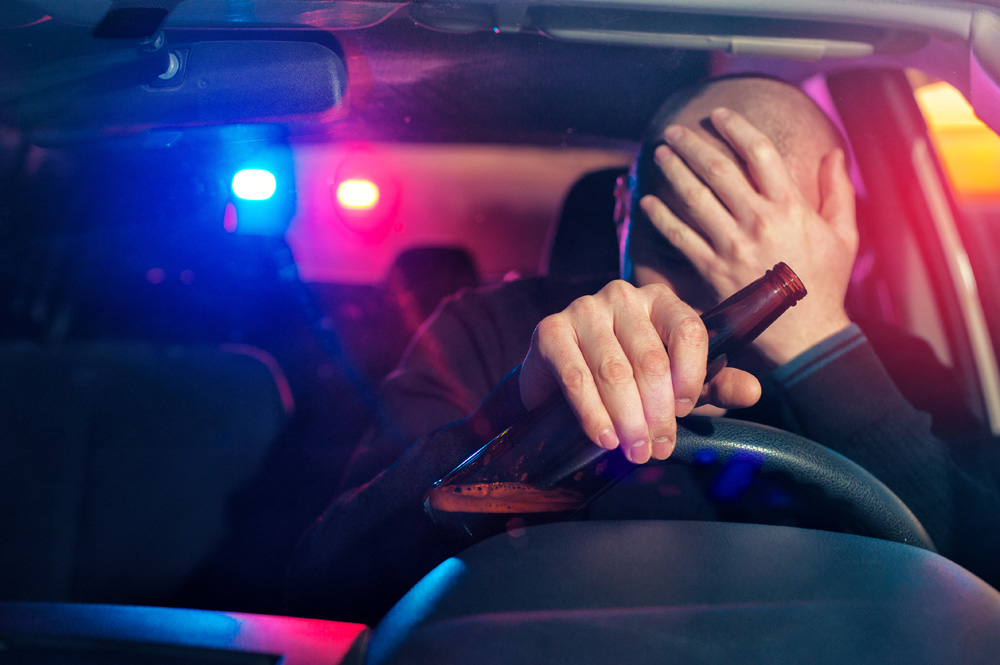(Updated 7/25/2020)
Police departments are taking advantage of advances in technology to assist them in catching drunk drivers across the country.
The online availability of massive amounts of data on drunk driving behavior is changing the way police look for drunk drivers, while new devices are also assisting in identifying repeat offenders.

In Canada, a trial program has been launched to attempt to identify drunk drivers based on a statistical analysis of data for previous DUI offenses. Police in Halifax, Nova Scotia are using DUI data to identify where and when drunk drivers are most likely to be traveling, as well as what type of person is most likely to be driving drunk. Like similar programs in the United States, the Halifax police are using this information to determine the best places and times to set up DUI checkpoints. Officers are also scheduling the times and locations of their patrols based on the data, which gives them a more detailed idea of where the high-crime areas are. The data has also been used to crack down on other crimes, like car break-ins, by increasing police and neighborhood watch efforts in high-crime areas.
Police in the US are also taking advantage of technology developments, in this case using GPS devices to track drivers with previous DUI convictions while they’re on probation.
In California, officers have begun pairing GPS tracking devices with the interlock ignition devices (IID) that are installed in DUI offender’s vehicles. The GPS is used to track the location of the driver and notify the probation officer or a nearby patrol officer when the car is driven to a bar, or when the car leaves the bar.
The first instance of the use of a GPS for this purpose became controversial after it became clear that the driver was not informed of its placement in their car. Court rulings on this issue declared that the use of a GPS by police to track a driver equated to a search. Rather than abandoning the program, departments are now working on ways to integrate the GPS with the IID as a single unit and adjust laws so that DUI offenders are required to have both types of devices in their vehicle if their conviction merits the placement of an IID under existing law.
While the use of such technology may seem unfair, the efforts to reduce the number of drunk drivers on the roads have not been in vain. In the case of Halifax, the city saw a significant drop in the number of collisions that resulted in serious injury or fatalities once the program was implemented. The GPS program is still in its infancy and hasn’t proven how successful it may be yet, though it is also expected to provide substantial gains in public safety.